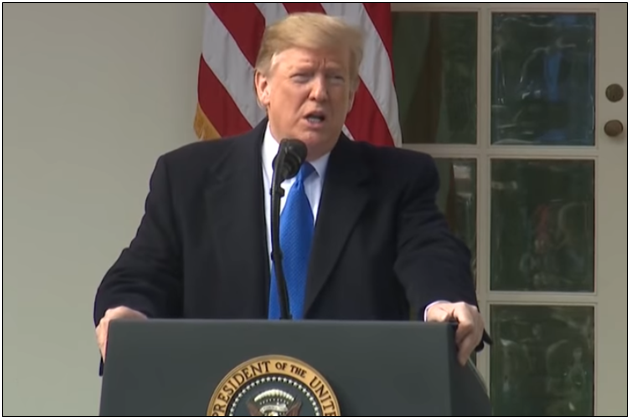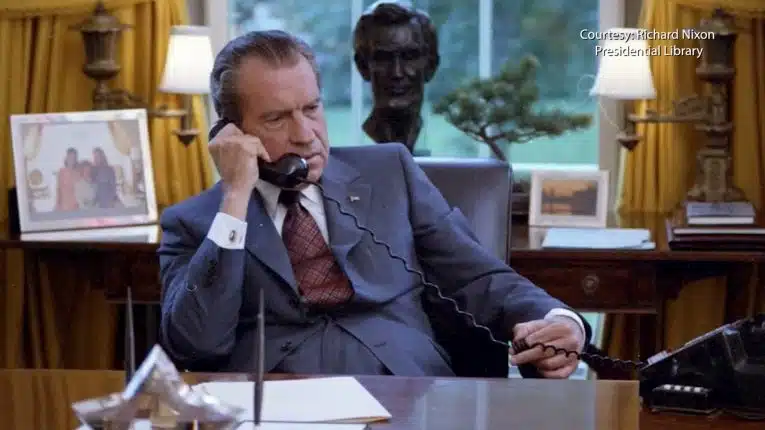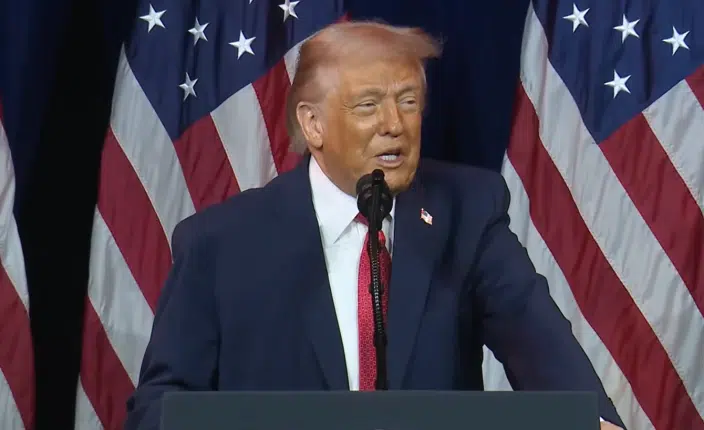The House of Representatives failed in a vote to override President Donald Trump’s veto of a resolution that would have blocked Trump’s national emergency declaration on the southern border to build the wall, with a vote of 248 to 181, well short of the 287 votes that would have been needed to send the measure to the Senate.
So, that’s it. Trump’s emergency declaration stands, and the $6.7 billion of uncommitted military construction funds and other funds Congress had allocated will be put towards the wall.
According to the White House, the $6.7 billion includes “[a]bout $601 million from the Treasury Forfeiture Fund… Up to $2.5 billion under the Department of Defense funds transferred for Support for Counterdrug Activities (Title 10 United States Code, section 284)… [and u]p to $3.6 billion reallocated from Department of Defense military construction projects under the President’s declaration of a national emergency (Title 10 United States Code, section 2808)…”
The funding comes atop $1.6 billion that Congress passed in 2018 for replacing existing fencing with new steel barriers and the $1.375 billion in 2019 for more steel barriers that was approved after the partial government shutdown earlier this year.
These are all appropriations Congress enacted, and to the extent they are being reprogrammed, that too was approved by Congress in 10 U.S. Code § 2808(a), a limited grant of authority which states, “In the event of a declaration of war or the declaration by the President of a national emergency in accordance with the National Emergencies Act (50 U.S.C. 1601 et seq.) that requires use of the armed forces, the Secretary of Defense, without regard to any other provision of law, may undertake military construction projects, and may authorize the Secretaries of the military departments to undertake military construction projects, not otherwise authorized by law that are necessary to support such use of the armed forces. Such projects may be undertaken only within the total amount of funds that have been appropriated for military construction, including funds appropriated for family housing, that have not been obligated.”
That comes from the 1982 Military Construction Codification Act, which expanded some of the authorities from the 1976 National Emergencies Act.
So, what you have is a President acting, not unilaterally, but with the explicit grants of authority that Congress has provided.
All of which fulfills President Trump’s vow to do everything in his power to secure the southern border. What is regrettable is that Congress had provided so little to meet the obvious needs on the border in the first place, with drugs, gangs and human trafficking continuing to press on the southern border.
The vote called for by House Speaker Nancy Pelosi (D-Calif.) also ironically gave Congressional Republicans an opportunity to help Trump build the wall by voting to sustain his veto of the resolution that would have stopped him, at least partially making up for their failure to get Trump substantial funding in 2017 and 2018, when the GOP had majorities in both chambers of Congress. Which is really the biggest point to make. If Congress had acted adequately in the first place, President Trump would have never had to resort to fiscal reprogramming authority to get the wall built.
As for Democrats, they failed to stop Trump’s declaration after voting to give him another $1.375 billion for the wall last month.
Now, the matter will be resolved by federal courts and ultimately, the Supreme Court. The law is clear that Congress gave the President this limited fiscal reprogramming authority and that should be the end of the question. Trump has the legal authority both to declare the emergency and to reprogram the funds — but who knows what the courts will say about that? Again, none of this is ideal.
What should have happened is Congress would fulfill the President’s request to provide enough money to build the southern border wall. The fact that the American people’s elected leaders refuse to secure the border and defend this country on their own is a real problem. Fortunately, a generation ago Congress passed a law, the National Emergencies Act, that lets the President do something about it.
Robert Romano is the Vice President of Public Policy at Americans for Limited Government.







